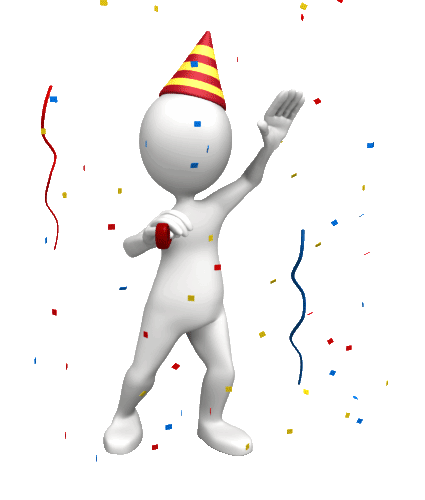How your biases affect the performance of others

We all have biases and our biases affect how we treat others.
Think about someone who really irritates you. What specifically does this person do that annoys you?
This may be a difficult question to answer. It may require some deeper thinking to truly identify the specifics that this person does, that annoy you so much.
There is a natural phenomenon known as Unconscious Bias. We make between 2,000 and 10,000 decisions every day and the majority of them are made unconsciously. Think about all the actions you take before you even exit through your front door. Some of these actions come from conscious decisions such as deciding which clothes to wear today; how my hair looks; if I need an umbrella. Many however are made unconsciously such as brushing our teeth; putting on the kettle; eating breakfast. Our brain is wired so that we can make decisions without any effort. When meeting someone, the amygdala makes an instinctive decision based on previous experience, your own values and beliefs. This instant reaction helps protect us, it keeps us safe and is often referred to our fight or flight instinct. Consider a child, charged at by a large dog and very frightened as a result. Instinctively they are likely to take avoiding actions when near any dog in the future. 2,000 to 10,000 decisions every day would be exhausting without this wiring.*
It is these unconscious decisions that account for our Unconscious Biases**. Research has identified over 150 unconscious bias types. A bias know as Confirmation Bias affects our unconscious reaction to others. It is a bias that can have an enormous effect on performance at work.
Let’s return to the person who really irritates you. It is likely that this person, at some time, did something once or twice that really irritated you. Confirmation Bias highlights that as a result, all you now see in this person is this irritating behaviour. This behaviour leaps out at you, you hook onto it and reaffirm your thoughts about this person. Your biases create a blindness that masks all the other great things that this person does.
This leads to the person believing that they are being treated unfairly which in turn can lead to underperformance, sick leave, a grievance which in turn can lead to ……… well a great number of hours focussing on one person and their performance. When the reality is that you should also be focussing on you and how your behaviour affects the performance of others.
It is also important to consider how Confirmation Bias affects those you admire for what they do. Their actions and behaviour may reflect your approach to work, your values and beliefs. They may share the same interests as you, have a similar accent, laugh at your jokes…… Your Confirmation Bias is likely to favour them more than others.*. To explore the topic of Unconscious Bias further then google Neuro Science and/ or Unconscious Bias**. To deepen your understanding of your Unconscious Biases, try this free, online test: Harvard Implicit Association Test*** To explore NLP google Neuro Linguistic Programming (NLP).
Confirmation Bias can affect fairness at work. So what can you do about your biases?
Take some time out to reflect on each of your work colleagues: those senior, your peers and those more junior.
Consider those you favour and those who irritate you – bring your immediate reactions into your consciousness.
What specifically is it that each one does to elicit your reaction?
What does this person do badly/do well? If you are unable to answer this question then make a conscious effort over the next few days to notice what else they do do.
Ask yourself - how does my initial reaction (unconscious bias) mask these other capabilities?
(In recognition that you cannot change others - first you have to change yourself, consider the statement – anger is self-generated.
Think about the last time you were angry. Was it someone/something else who made you angry?
No.
The reality is that you have a choice. You can choose to respond in anger - or not.***)
Once aware of your biases you have a choice to do something about each one - or not. So ask yourself: what do I need to do differently / how do I need to react differently to encourage these other capabilities to come to the fore? In doing so you are bringing your unconscious biases into conscious thoughts and decision making.
* To explore the topic of Unconscious Bias further then google Neuro Science and/ or Unconscious Bias
** To deepen your understanding of your Unconscious Biases, then try this free, online test: Harvard Implicit Association Test
*** To explore NLP then google Neuro Linguistic Programming (NLP)
Keen to explore further? Then please do contact us at info@valuingyou.co.uk













